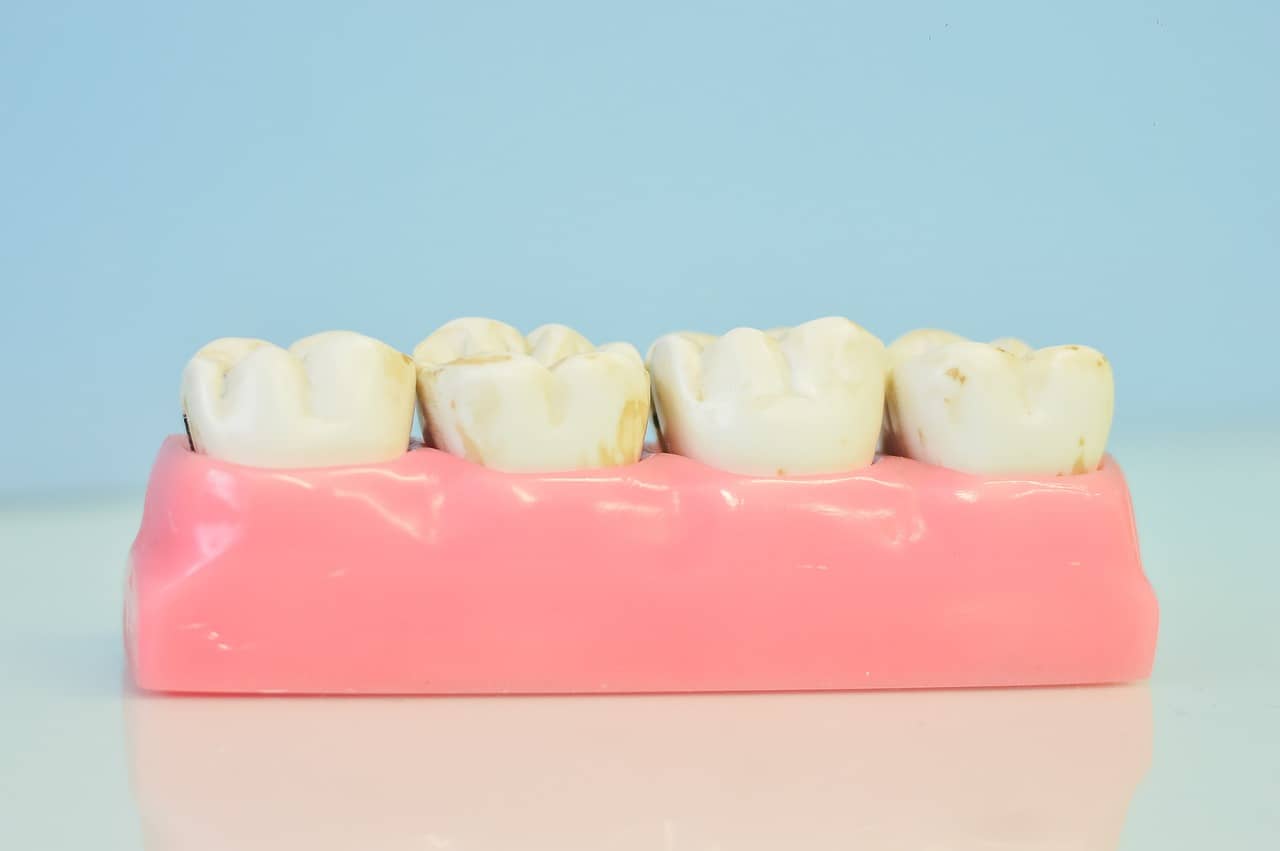Can you sue a dentist for gum disease in the UK? The answer is yes, you can. Dental negligence is a serious issue, and if you believe your dentist has failed to provide an adequate level of care, leading to gum disease or a worsening of your condition, you may be entitled to compensation. Gum disease, also known as periodontal disease, is a common condition that affects the tissues supporting your teeth. While it’s often preventable with good oral hygiene and regular dental checkups, a dentist’s negligence can exacerbate the problem, leading to pain, tooth loss, and even broader health issues.
Understanding Gum Disease and Dental Negligence
Gum disease typically starts with gingivitis, characterised by red, swollen, and bleeding gums. If left untreated, it can progress to periodontitis, where the inflammation extends to the bone and ligaments supporting the teeth. This can lead to loose teeth and eventually tooth loss. Dental negligence in the context of gum disease can involve:
Failure to diagnose:
Your dentist should be able to identify the signs of gum disease during routine checkups and recommend appropriate treatment. Failure to diagnose the condition in its early stages can lead to more severe problems down the line.
Inadequate treatment:
Even if diagnosed, your dentist might provide inadequate treatment or fail to refer you to a specialist (periodontist) when necessary. This can also contribute to the progression of gum disease.
Poor advice or aftercare:
Your dentist should provide clear advice on oral hygiene and aftercare following treatment for gum disease. Failure to do so can hinder your recovery and lead to further complications.
Establishing Negligence in a Gum Disease Claim
To make a successful claim for gum disease against your dentist, you need to establish negligence. This involves demonstrating that:
- Duty of care: Your dentist owed you a duty of care to provide a reasonable standard of dental treatment.
- Breach of duty: The dentist’s actions fell below the accepted standard of care for a dental professional.
- Causation: The dentist’s breach of duty directly caused or contributed to your gum disease or its worsening.
- Damages: You suffered harm as a result of the dentist’s negligence, such as pain, tooth loss, or the need for further treatment.
Proving negligence can be complex and requires expert evidence from another dental professional who can assess your case and determine whether the treatment you received was substandard.
Gathering Evidence for Your Claim
If you believe you have a claim for gum disease against your dentist, it’s crucial to gather evidence to support your case. This may include:
- Dental records: Obtain copies of your dental records from your dentist, including clinical notes, X-rays, and treatment plans.
- Photographs: Take photographs of your mouth, highlighting any signs of gum disease, such as redness, swelling, or receding gums.
- Witness statements: If anyone witnessed your dental treatment or can attest to the impact of your gum disease on your life, their statements can be valuable evidence.
- Expert reports: An independent dental expert can examine your records and provide a report outlining their opinion on whether your dentist acted negligently.
Time Limits for Making a Claim
In the UK, you generally have three years from the date you became aware of the negligence to make a dental negligence claim. This means you have three years from the date you realised your gum disease was caused or worsened by your dentist’s actions. However, there are some exceptions to this rule, particularly if you were a child at the time of the negligence or if you lacked the mental capacity to understand the situation. It’s crucial to seek legal advice as soon as possible to ensure you don’t miss the deadline for making a claim.
Making a Medical Negligence Claim with National Claims
At National Claims, we understand the devastating impact that medical negligence can have on your life and the lives of your loved ones. If you believe you or a family member has suffered harm due to substandard medical care, such as misdiagnosis, surgical errors, medication errors, or delayed treatment, we are here to help you by connecting you with a solicitor from our panel who will be able to assess your case.
Free Consultation
We recognise that every medical negligence case is unique, and we’re here to offer you a free, no-obligation consultation to discuss your specific situation. During this consultation, we’ll listen attentively to your experience, and assess the potential strength of your claim. Our team will then connect you with a qualified solicitor from our panel who specialises in medical negligence claims, ensuring that you receive the expert legal representation needed to pursue your case effectively.
*Customers pay up to 25% (incl. VAT) of the amount recovered towards solicitor costs and if you cancel outside your cooling off period, you may be charged a fee.
Contact us today to speak to one of our claims agents who will be able to help you get started on your claim.
Click below to see why we are one of the most trusted claims management companies in the UK.

We’re proud of our excellent customer reviews
We thrive on delivering exceptional service and ensuring our clients’ satisfaction. Don’t just take our word for it. Check out some of our independent reviews to see what our clients have to say.
Excellent

This firm is excellent, they sorted out my car pay out and injury claim very fast, they always communicate with you all the time.

My accident case was dealt with confidence and with great result of the outcome, especially James kept me informed all the time.

I was very impressed at the way my inquiry was treated. I was listened to attentively and everything I needed to know was explained to me.






